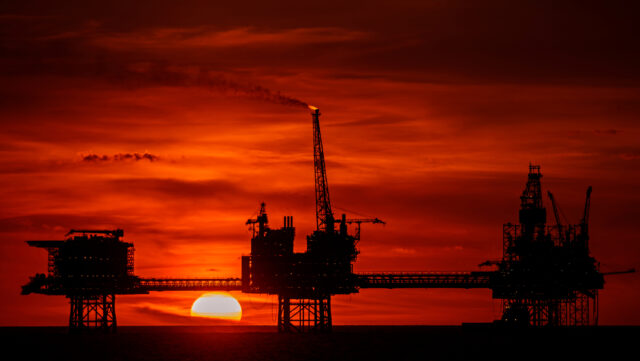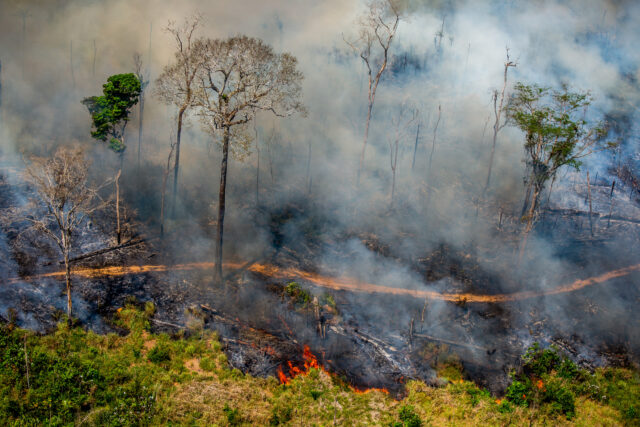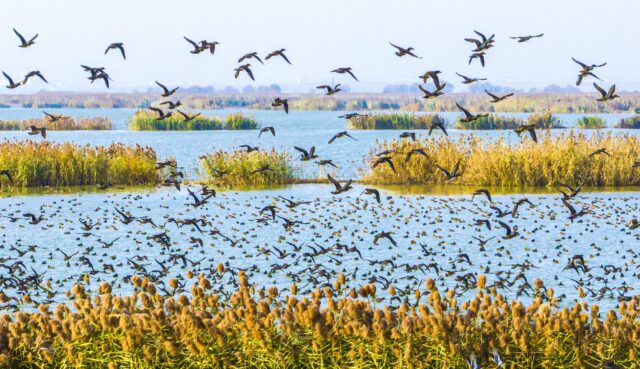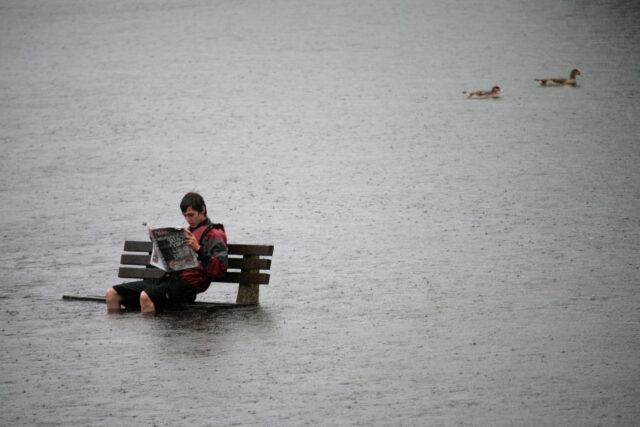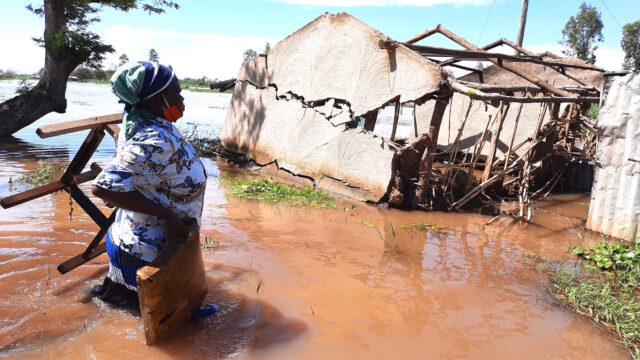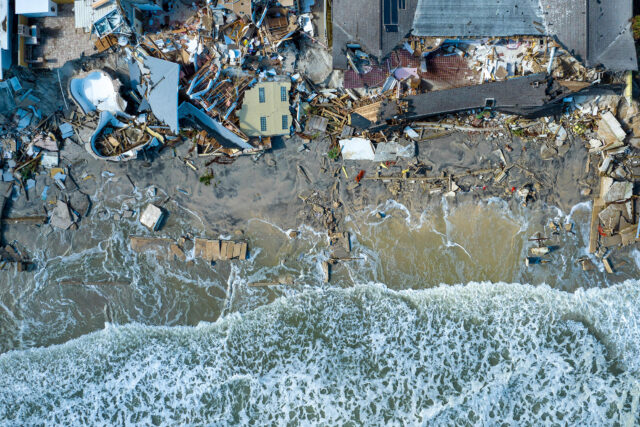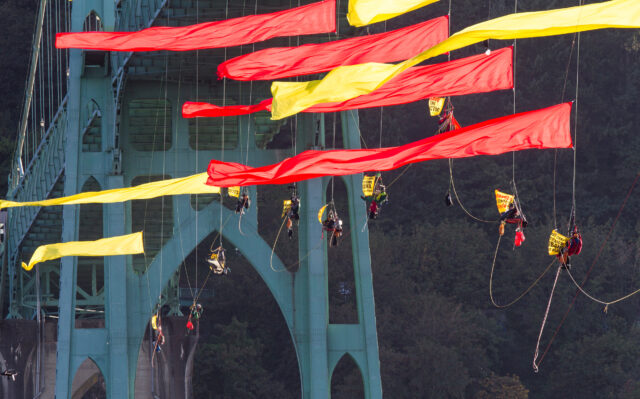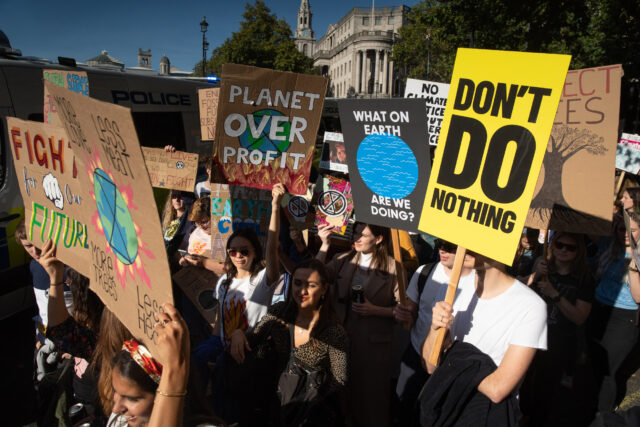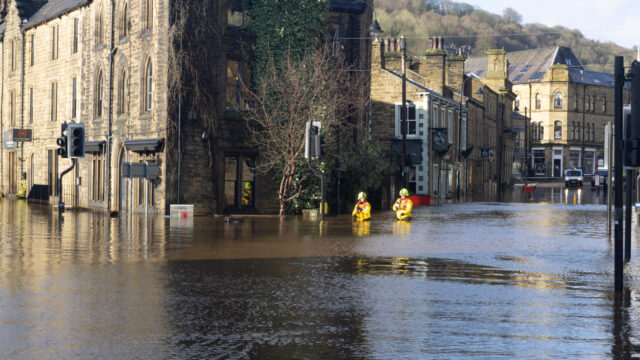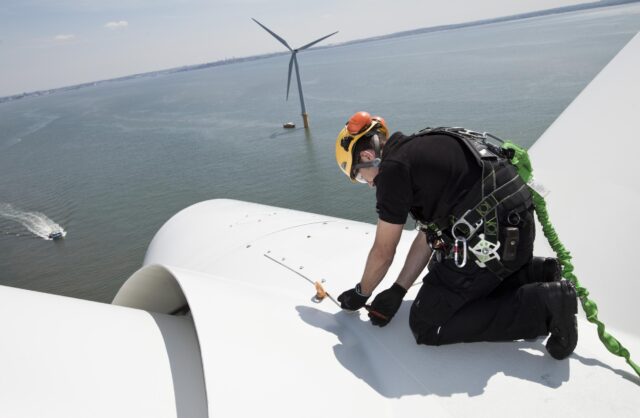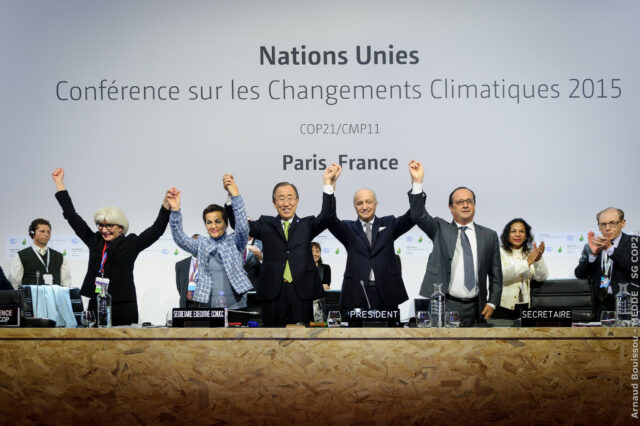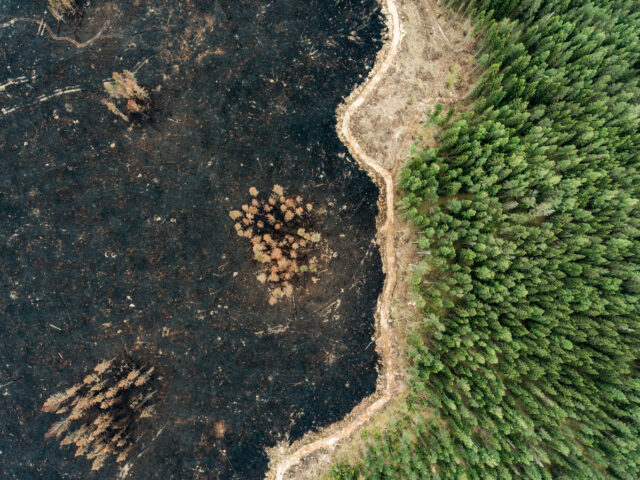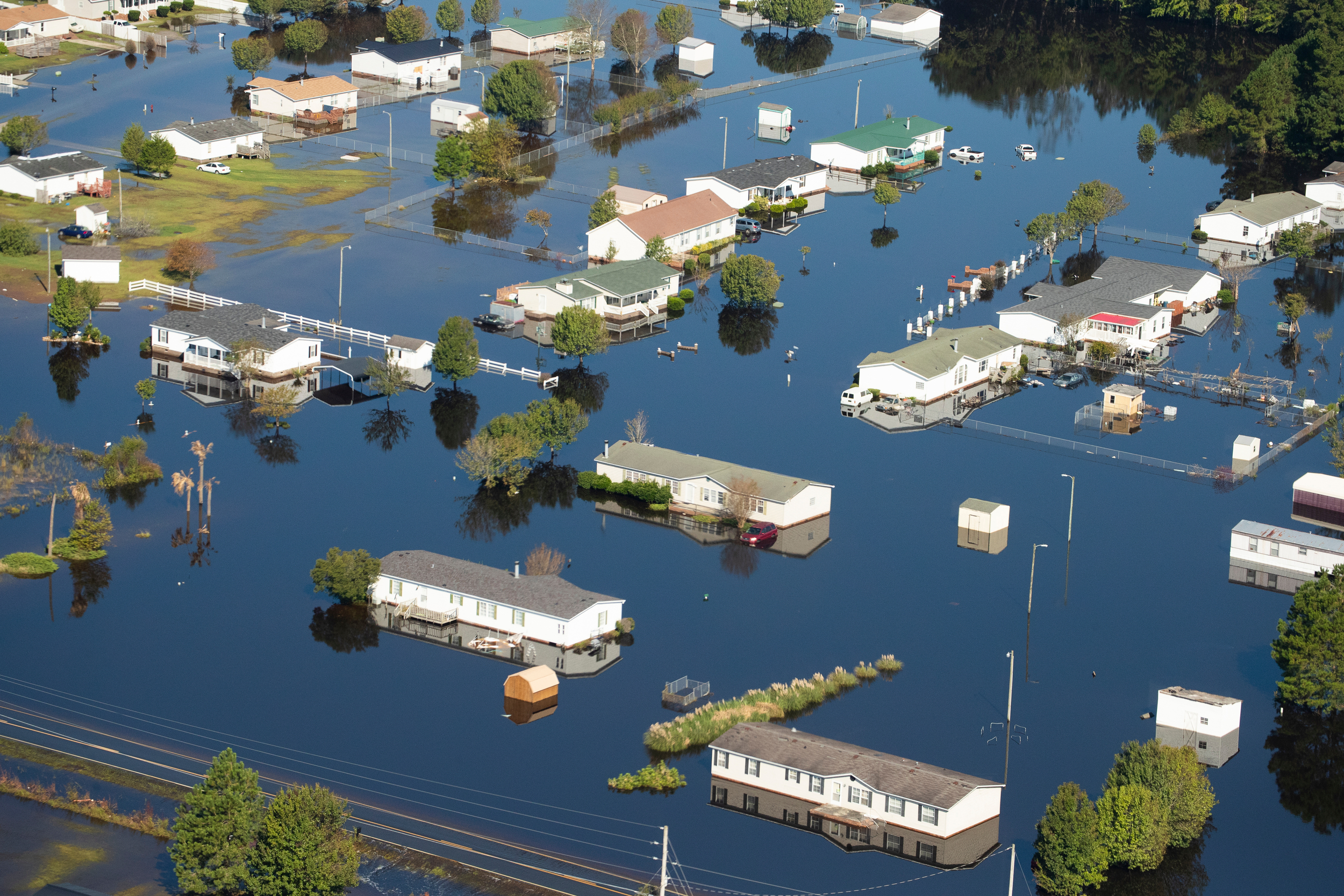
Climate change
Climate change, or global warming, is causing extreme weather and sea level rise, putting hundreds of millions of people’s lives at risk. But it also presents an opportunity to change the way we live for the better.
Climate change, sometimes called global warming, is the gravest and most urgent crisis facing humanity. It is caused by greenhouse gas emissions from burning fossil fuels, cutting down forests and farming livestock.
Changes in our climate are happening because these greenhouse gas emissions are causing a rise in average global temperatures. Warmer temperatures are melting sea ice and disrupting weather patterns around the world – tipping the world’s climate into an uncertain future.
The effects of climate change are happening everywhere. Arctic and Antarctic ice is melting, leading to rising sea levels. Storms are becoming more powerful and happening more regularly, leaving destruction in their wake. Rainfall patterns are shifting, causing devastating droughts and floods. Severe heatwaves are causing suffering and death in communities worldwide. In drier, hotter conditions, wildfires rage out of control, threatening lives and reducing mighty forests to ash.
On this page
The causes and effects of climate change
How does climate change affect people and nature?
As our climate breaks down, billions of people are already struggling to cope from extreme weather and sea-level rise. And it’s most often the poorest people – in countries that did least to cause the problem – who are hit hardest. Younger generations are being robbed of their future on a healthy, liveable planet.
As well as clear and serious impacts on people all over the world, climate change is wrecking nature – which we all rely on for our survival. The oceans are warming and the water is becoming more acidic, causing mass coral die-offs and the loss of breeding grounds for sea creatures. Delicate ecosystems that are home to insects, plants and animals struggle to adapt quickly enough to the changing climate, putting one million species at risk of extinction. That means our food security, health and quality of life are all under threat.
The state of the climate and the health of our planet’s living systems are intimately linked, and changes in one will radically affect the other.
Who’s responsible for climate change?
The main issue is the burning of fossil fuels, such as coal, oil, and gas, which release carbon dioxide and other greenhouse gases, leading to a rapid increase in the Earth’s temperature.
Forest loss and declining ocean health have worsened the situation, as they play a crucial role in regulating the climate. Overfishing and pollution damage oceans, which help maintain climate stability.
Despite the signs of climate breakdown, major polluting corporations continue to mine and burn fossil fuels, with oil companies like BP, Exxon, and Shell spending millions to delay or stop government policies. Industries such as banks, car, and energy companies also profit from the fossil fuel industry.
The international response to this crisis should be swift and decisive. But progress has been slow, with many commitments to reduce carbon emissions set but often missed.
How to help stop climate change
There’s no doubt that climate change is extremely serious. Its effects are already causing untold harm to people and nature worldwide – some of which could be irreversible. But because climate change is caused by human activity, it can be reversed if we work together.
Global warming presents a unique opportunity to change the way we live for the better. The benefits are undeniable. Reducing fossil fuel burning will bring cleaner air. Switching to plant-based food is better for health – and it would stop the destruction of rainforests, as well as bring down emissions from livestock farming.
And showing solidarity with those worst-affected by climate change – and a making a strong commitment to a just transition away from fossil fuels – will make our societies safer and more equal.
Let’s get to work!

Change the world with us
Together we can take on the world’s worst polluters and solve its biggest problems. See how you can get involved.
